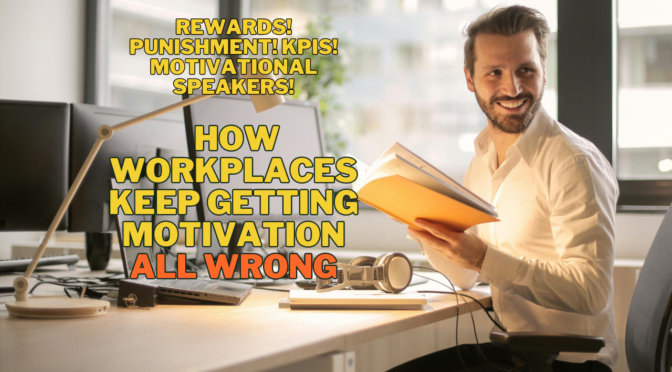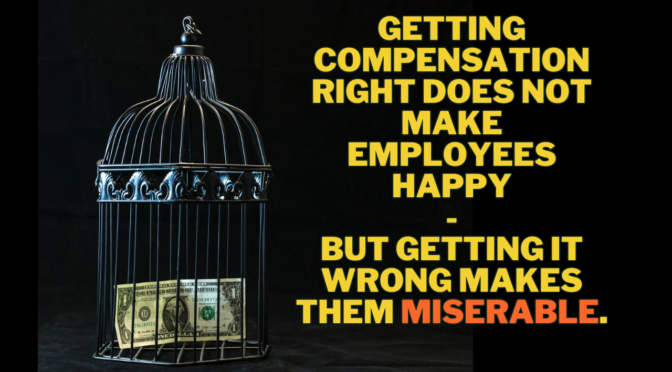
Now that 2008 is nearly over, it makes a lot of sense to reflect on the year that passed. Unfortunately, most people do this by looking back and making a tally of everything that went wrong. The things they should have done. The goals they should have reached. The progress that didn’t come.
I think you will learn much more if you turn this approach upside-down, so here’s my suggestion for a new-year’s exercise in happiness at work.
Simply because the best way to be happy at work in 2009 is to find out what worked for you in 2008 and get yourself more of that.
So think back on your working life in 2008 and answer the following 10 questions. It’s important that you write down your answers – it helps you to reflect more deeply about the questions.
- What went really well for you at work in 2008?
- What did you do that you’re proud of?
- Who have you helped out?
- How have you grown and developed professionally?
- How have you grown and developed personally at work?
- Who has really appreciated your work?
- Who has helped you out and been there for you?
- Who have you admired at work in 2008?
- What have been some fun moments at work in 2008?
- Which 5 things from 2008 would you like to have more of in 2009?
If you like you can share your answers in a comment here.
Have fun – and have a happy 2009 at work!







 I got this in an email today:
I got this in an email today: This is the right attitude to have towards your job:
This is the right attitude to have towards your job:




